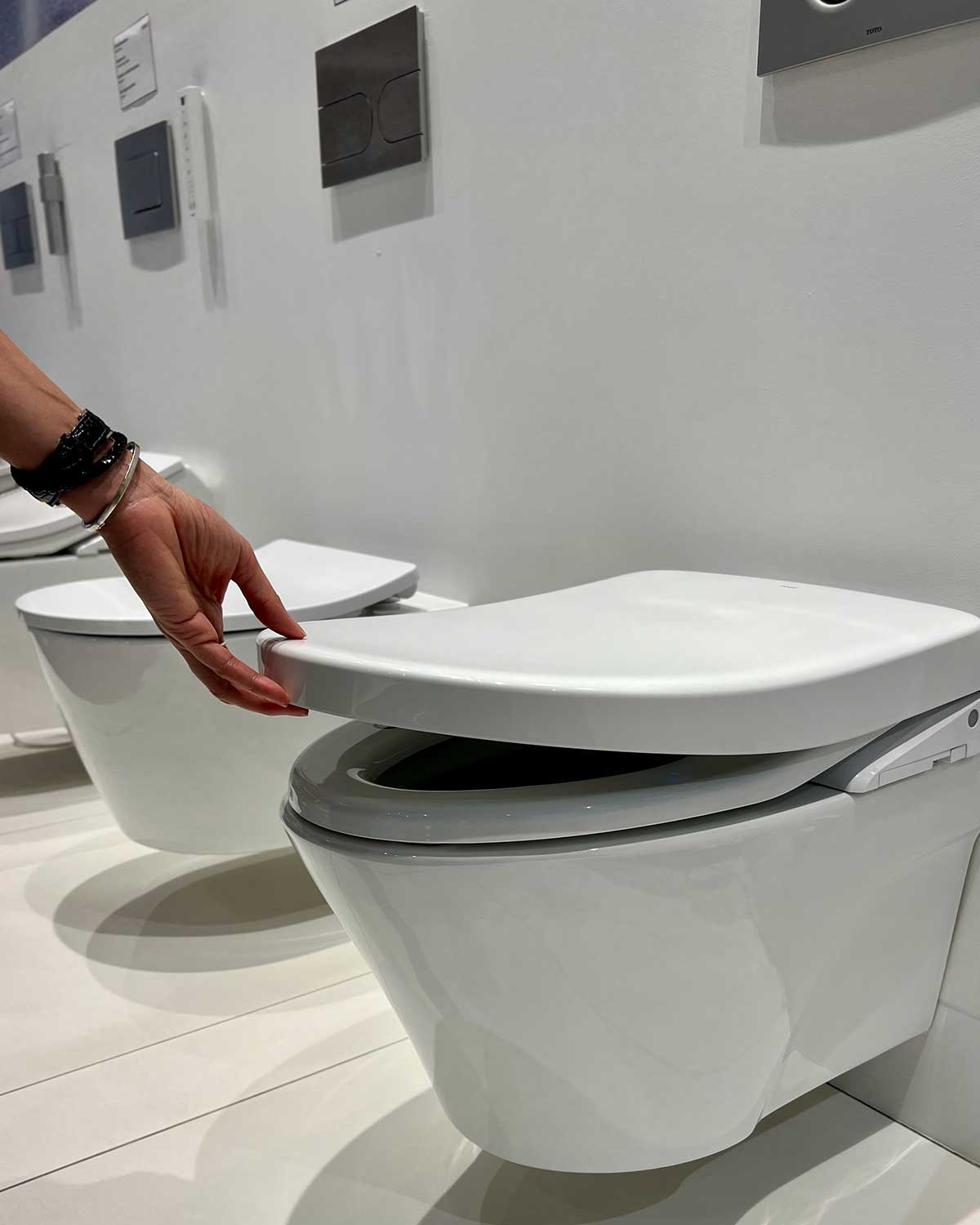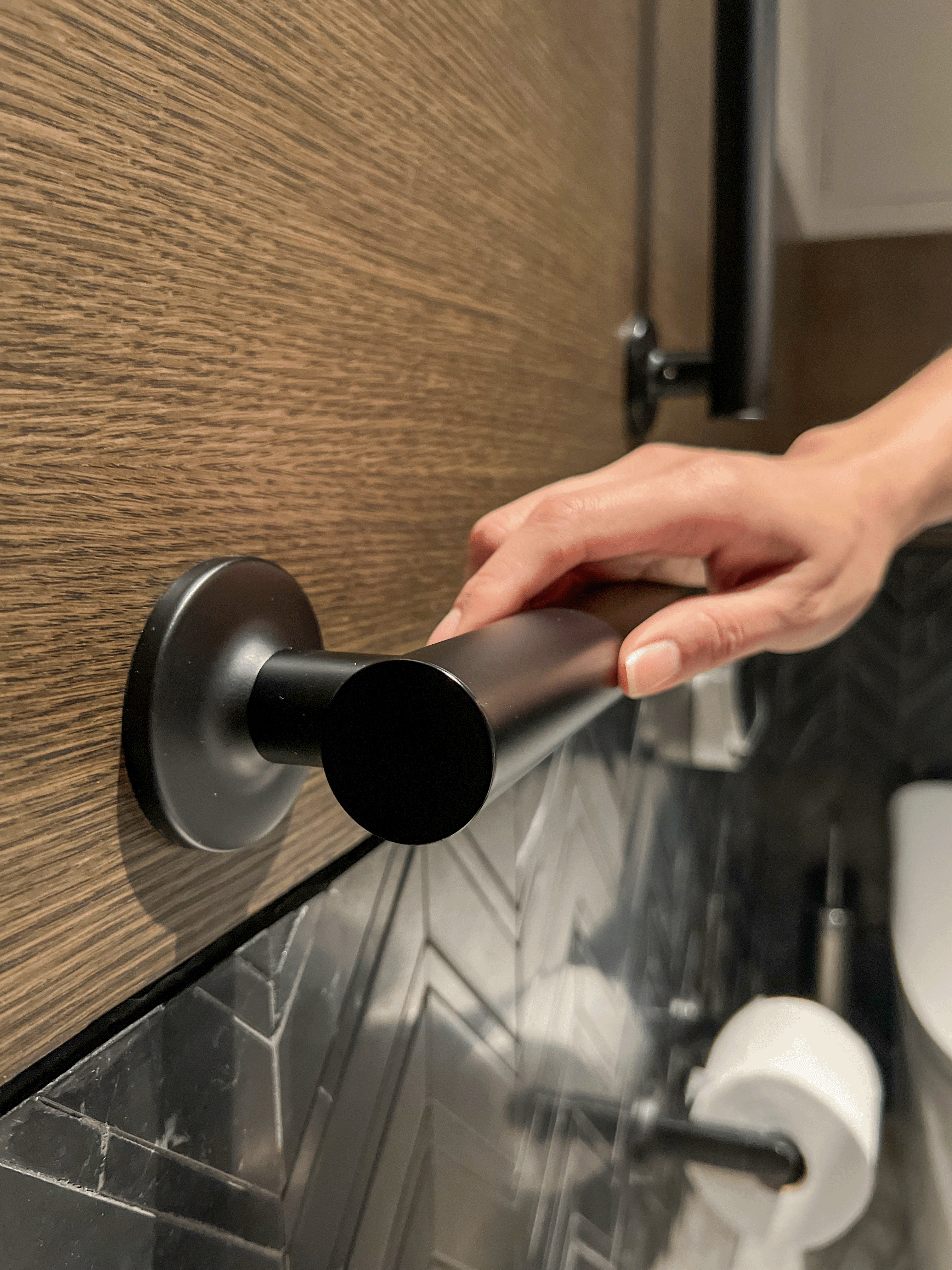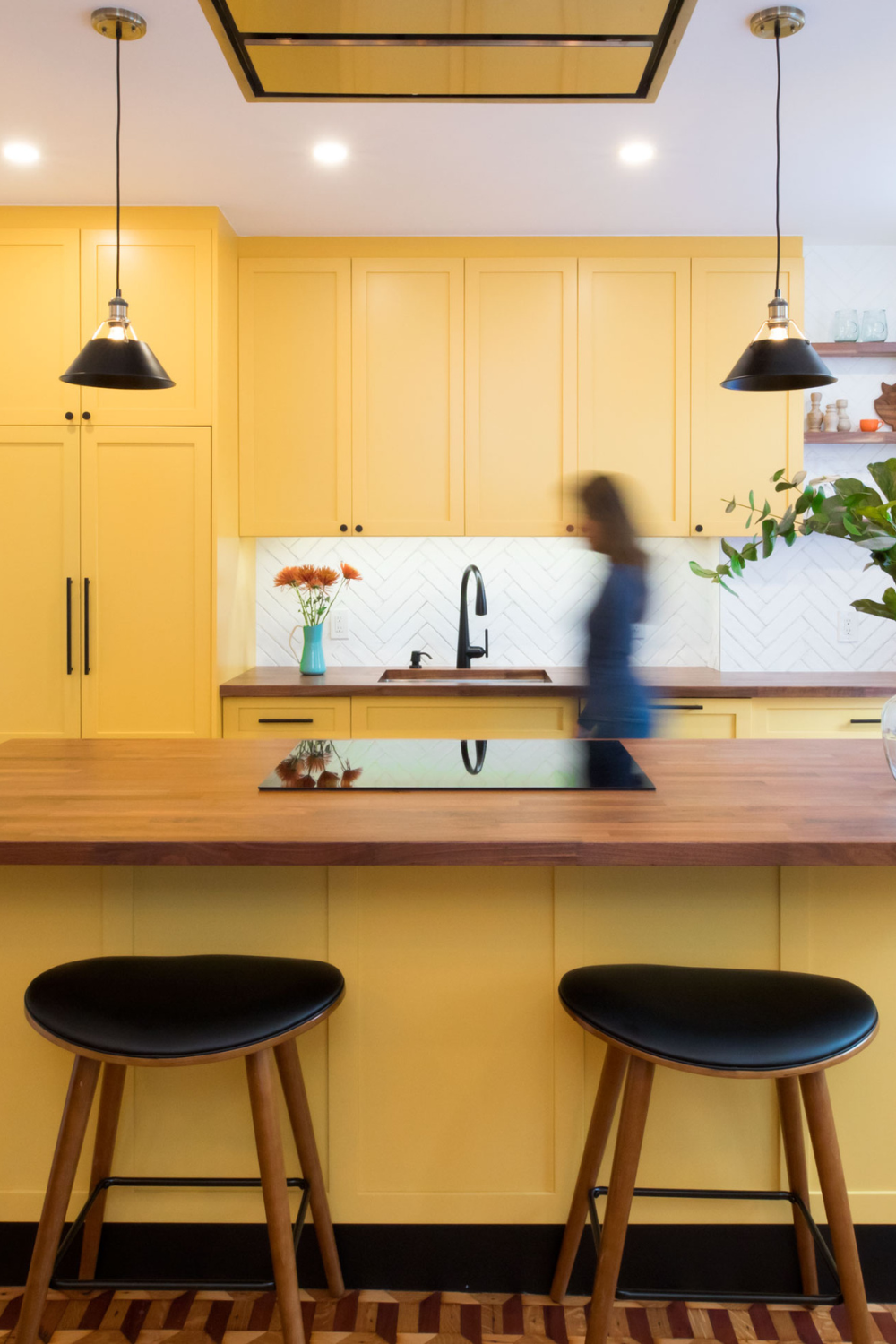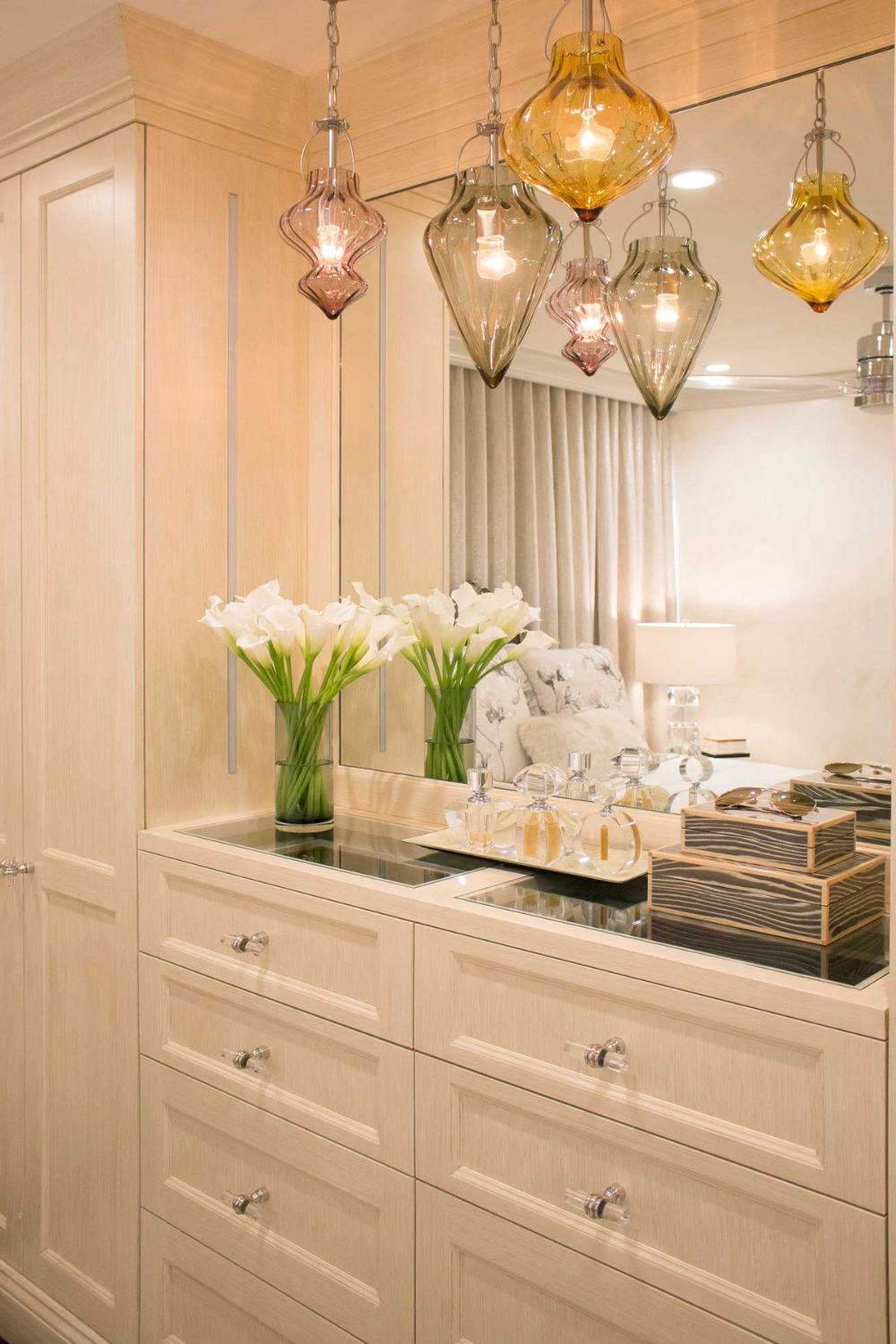There are two common worries for most people thinking about a renovation: time and money. Frequently these two factors become the main deterrents to starting a new design project, but do they need to be? In fact, many projects never get off the ground due to one or both of these concerns. It’s not so much that people don’t have the time and money for design; it’s more the idea of time and money that squashes dreams before they get a chance to start. Or, worse still, these worries may lead you to diminish your plans to the point that they no longer resemble the original idea.

Who wants to do a watered down version of their design aspirations, feel only partially satisfied with their home for years, and then go through it all again? Now that’s an unfortunate use of time and money. But these are emotional subjects for most of us, so it helps to check in with yourself on how you’re feeling about this commitment before you embark on a project.
Getting real about these very practical concerns means balancing facts with emotion. This will cost you time and money. In fact, I can guarantee it will likely cost more and take longer than you would like it to. But, if you are going to take this adventure, it’s best to get it right the first time. Your experience will be better if you go into it with open eyes and a sense of comfort around these issues. Let’s start by addressing the more obvious concern of the two: money.
What do your dreams cost?
We all have had sticker shock at some point in our lives. And the bigger the sticker, the greater the potential for shock. When considering your planned investment, it may seem wise to begin by capping it at what feels like a comfortable level, and then designing for that number. As much as this sounds intuitively like the responsible course of action, it’s actually working backwards. You will in fact be restricting yourself before you even get a chance to dream.

Rather than start with a number, I recommend that you begin by deciding exactly what you want, and determine as best you can, what that will cost. Remember that it will likely be more than your estimates, so adjust up. Don’t try to wrestle your best ideas into an ill-fitting financial box. It costs what it costs, regardless if that is what you want it to cost. If it’s what you want, then it will be worth it, and if that greater investment results in you needing a bit more time to prepare for the project, then you may face a delay. But that’s not the same thing as procrastinating. This is just sensible planning. And if you commit to your dream, the delay does not need to be too long.
Any chance you’re using money as a cover for other doubts?

There are a million reasons why we put off making these kinds of meaningful improvements, and some of them are pretty deep seated, involving a whole history of personal narrative and self-talk. And maybe without even realizing it, we fool ourselves into believing that we don’t have the time or can’t justify the expenditure. Maybe we don’t believe we deserve this luxury.
I’ve written before about being generous to yourself, and giving yourself permission to take the leap. If you are holding back for any reason, try to identify why. Your instinct may be to say, “I can’t justify the expense right now,” but is that definitely true? Could it be that cost is just the easiest response when this question arises? I mean who can argue with something so easy to quantify? Well, actually, money can be pretty difficult to quantify. We all know that we find money on the fly when it is needed all the time. So saying “I can’t justify the expense” is not the same as saying “I don’t have the money.”
Many of us have a complex relationship with money
It’s such a loaded subject for most of us, even if you live a very comfortable lifestyle. In Jen Sincero’s excellent book, You are a Badass and Making Money, she postulates how our relationship with money is similar to our relationship with sex: emotional and bound with our egos, yet rarely taught to us or discussed frankly in polite society. How we direct our financial resources often has more to do with what we have learned in our childhoods, from our peers, or from the world around us. Subtle messaging can lead us to avoid spending on certain things, while we don’t give it a second thought on others.
Some people travel often, which is, in my opinion, an excellent use of resources. However, those same people may be reluctant to funnel money toward a home renovation. As wonderful and enriching as it is, travel is ephemeral, while designing a perfect home leaves you with a long term, tangible product. It’s safe to say that if you can travel often, then you can probably spend money on your home. The difference may simply be in your belief system, and what you prioritize in your spending. In this case, it is less an issue of not enough money, and more an issue of stepping outside your usual spending patterns, outside your comfort zone.
In my next post, I’ll dig into that other issue, not enough time. Stay tuned!
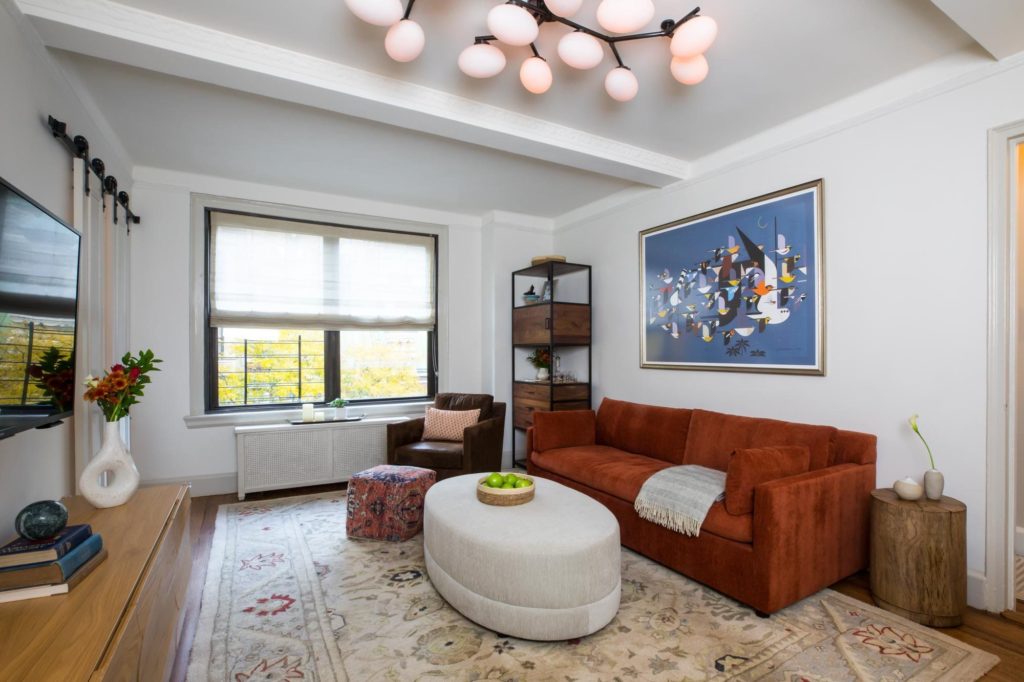
As an Amazon Associate, this site may contains affiliate links and I can earn from qualifying purchases at no cost to you. View disclosure for more information.
I'm Claudia. Welcome to my Interior Design blog! I'm thrilled to share my expertise and passion with you. With over 20 years in the industry, I'm a Certified Interior Designer, holding an NCIDQ Certification, and an educator. Interior Design isn't just my career—it's my passion. Dive in to explore more about me. Click here to learn more!
Hi Friend!
Stay inspired—join our design community by subscribing to the blog today.
subscribe now
Other Posts You Might Like
©2025 Claudia Giselle Design | Interior Designer | Brooklyn, New York
Legal
BACK TO TOP
Testimonials
718-255-5949
Press
office@claudiagiselle.com
MENU
We create thoughtful, personalized interiors for those who value quality and beauty in every detail — serving NYC, Manhattan, Brooklyn, Long Island, the Hamptons, and the Hudson Valley (including Westchester and Dutchess County) & Beyond.
Timeless Classicism with a
Bold Touch of Elegance
Home
Services
Process
About
Blog
Portfolio
Scheudule a Consultation
GET IN TOUCH
Contact
